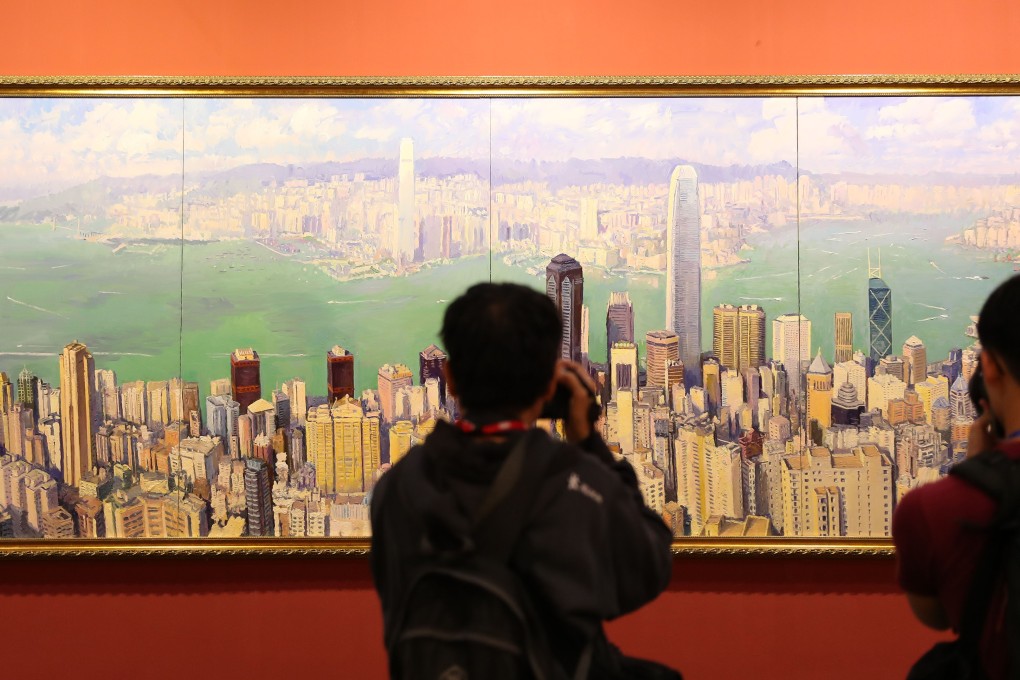The View | How mistrust gets in the way of learning from China’s development model
- Erik Berglöf says insights into the Chinese development experience may prove useful for developing economies, but many are too wary of its intentions and influence to be receptive. Both Beijing and the West have contributed to the hostility

China’s economic weight reached its peak in 1600, when it accounted for more than one-third of the global economy. Its share of global gross domestic product declined slowly until 1820, when it began to drop precipitously, owing to the Industrial Revolution’s enormous impact on economic growth in the West. By the early 1960s, China’s share of global GDP had fallen below 5 per cent.
Then, Deng Xiaoping initiated China’s reform and opening up, and the country’s own growth miracle began. Since 1978, China has lifted hundreds of millions of people out of poverty, and its share of global GDP economy, now at one-fifth, continues to rise. If China wants to hold up its experience as a model for others to emulate, it must identify the mechanisms that underlay its success and explain why they are transferable.
This is essentially the mandate of a new centre launched by Tsinghua University in Beijing. The Academic Centre for Chinese Economic Practices and Thinking, with its suggestive acronym “Accept”, is dedicated to understanding and disseminating China’s development experience. Earlier this month, it initiated this process with its first report, called “Economic Lessons Learned from China’s 40 Years of Reform and Opening Up”.

